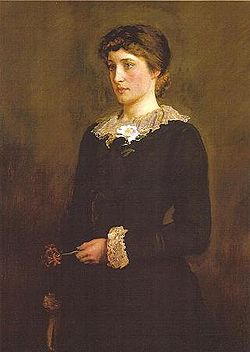Plot

Liliandra is a famous English operatic soprano known as "The Jersey Lily" who returns to the city of her birth, St. Helier, Jersey. There her stubborn uncle attempts to coerce her into marrying the local veterinary surgeon, Doctor Bolivar. Another local girl, Sara, is also being pressured to marry Doctor Bolivar by her father. Sara, however, wants marry her secret boyfriend, the American lieutenant Edgar Jefferson. Meanwhile, Liliandra meets the wealthy South American diplomat Don Pedro de la Platza and her heart is drawn to him over Doctor Bolivar. Liliandra and Don Pedro marry. The musical also featured humorous secondary roles in the parts of the composer Offenbach Veriverdi (taken by combining the names of composers Jacques Offenbach and Giuseppe Verdi) and the German hotel employee Rosie Bauer. [2]